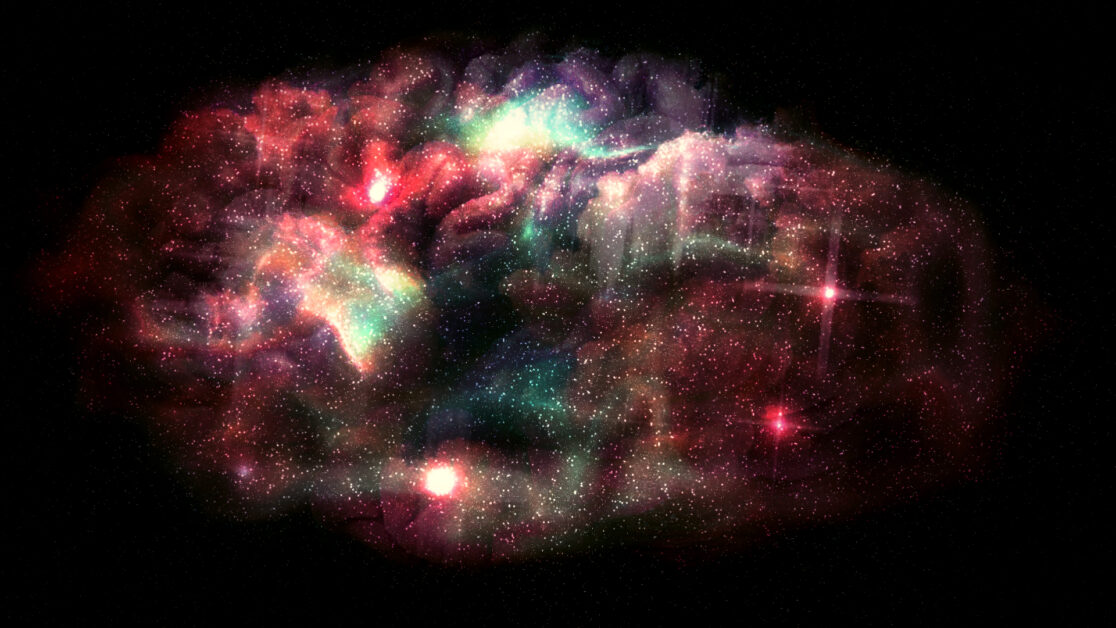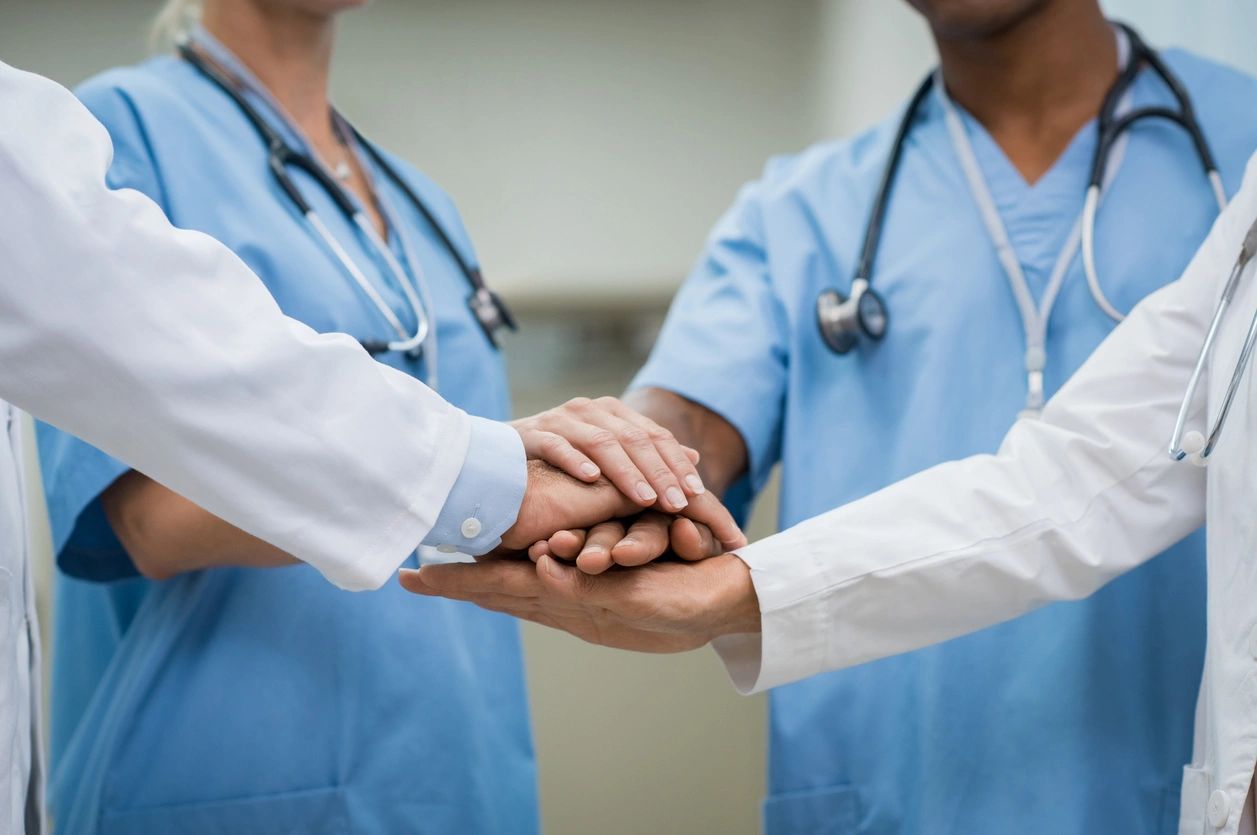Stroke survivors with aphasia, the loss of language after stroke, are helped in their recovery by listening to music with lyrics.
By Risha Banerjee
Researchers at the University of Helsinki have found that listening to music with lyrics could help rehabilitate stroke survivors and restore their language skills.
How does a stroke affect language skills?
About 25 to 40 percent of stroke survivors are afflicted with aphasia, the loss of language ability. Aphasia is caused when a stroke interferes with the language region of the brain by disrupting the connections in the left frontal lobe. This loss of language skills often has serious consequences for the mental health of stroke survivors and their families. Although there are several rehabilitation practices for aphasia, not all of them are successful and reproducible.
RELATED: How Do Neurons Tell the Brain What is Familiar?
Now, however, a group of scientists at the University of Helsinki have described a simple and cost-effective way to help patients regain their language skills.
Music and language after stroke
A group of stroke survivors with aphasia was divided into three groups, one that listened to music with lyrics, another that listened to instrumental music, and a third that listened to audiobooks. The scientists collected data from 38 patients over three months, and they observed that patients who listened to music with lyrics regained their language skills faster than those who listened to audiobooks or instrumental music.
The scientists used MRIs to analyze the structural and functional effects of listening to instrumental music, audiobooks, and vocal music on the language region of the brain, the left frontal lobe. They found that listening to vocal music helped the most to re-establish connections in that region, which then helped the patients regain their language skills.
RELATED: How Children Learn Language
Neuroplasticity’s role in regaining language after stroke
Neuroplasticity is the brain’s ability to modify and reorganize its neural networks. After a stroke, the neural networks of the brain’s left frontal region get disconnected from each other, which affects the patient’s language skills. Patients’ neuroplasticity was observed through the MRIs that showed the neural networks of patients who listened to vocal music were reconnected to the greatest degree.
This research could also help in the development of new treatment methods for patients with speech impediments or disorders. For example, this rehabilitation practice could also be used in cases of mild speech disorders by stimulating the brain as soon as possible after the disorder’s onset. Further research in this field can be used to understand how the brain’s language region and neuroplasticity are affected by different stimuli.
This article was published in the peer-reviewed journal eNeuro.
RELATED: Children Create Foundation for New Language in Minutes
References
Sihvonen, A. J., Ripollés, P., Leo, V., Saunavaara, J., Parkkola, R., Rodríguez-Fornells, A., Soinila, S., & Särkämö, T. (2021). Vocal Music Listening Enhances Poststroke Language Network Reorganization. Eneuro, 8(4), Article ENEURO.0158-21.2021. https://doi.org/10.1523/ENEURO.0158-21.2021
Tippett, D. C., Niparko, J. K., & Hillis, A. E. (2014). Aphasia: Current Concepts in Theory and Practice. Journal of Neurology & Translational Neuroscience, 2(1), 1042.
Shaffer, J. (2016). Neuroplasticity and Clinical Practice: Building Brain Power for Health. Frontiers in Psychology, 7, 1118. https://doi.org/10.3389/fpsyg.2016.01118
—Risha Banerjee is an undergraduate student at UBC Vancouver, majoring in biochemistry. She owns two ukuleles and a guitar and can often be found staring at walls, journal in hand. An avid procrastinator, she could probably be the president of the “I’ll do it tomorrow” club. Find her on Instagram @risha_banerjee.
“Brain nebula” by ezhikoff is licensed under CC BY 2.0




